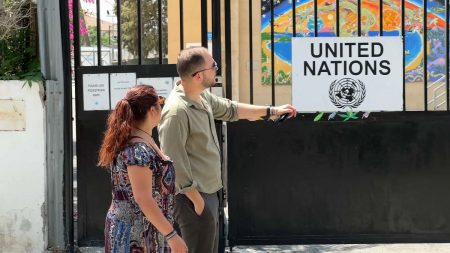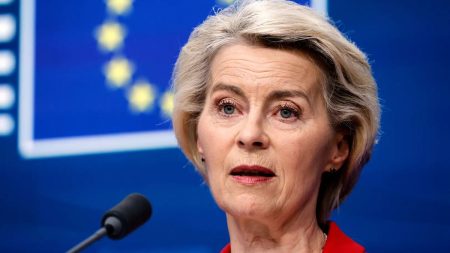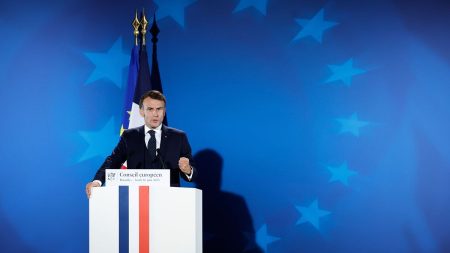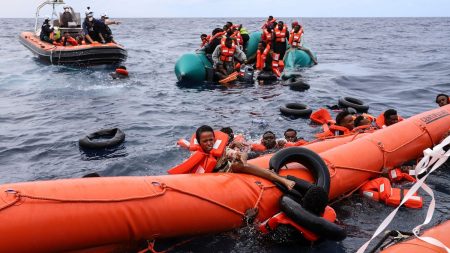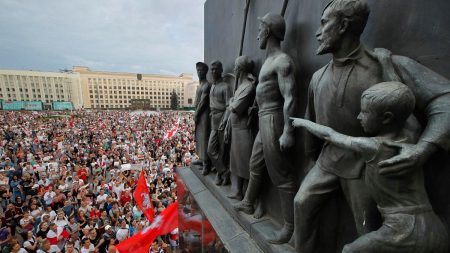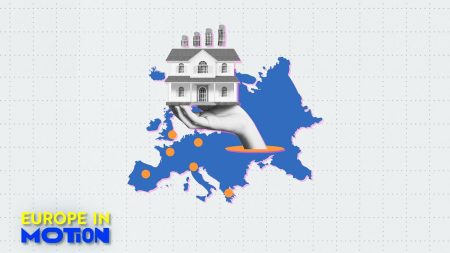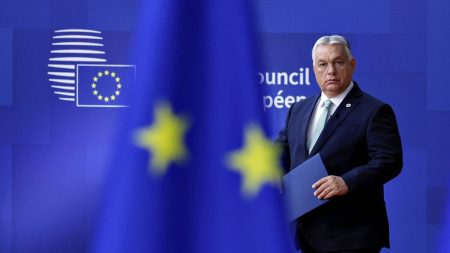In recent days, Georgia has witnessed a significant escalation in public discontent, culminating in widespread protests against the government’s decision to halt negotiations aimed at joining the European Union. These protests, which have continued for three nights running, reflect a growing frustration among the Georgian populace regarding their government’s actions and perceived drift from European integration. The unrest has been marked by confrontations between demonstrators and law enforcement, resulting in over 100 arrests as police employed heavy-handed tactics, including the use of water cannons against protesters on Rustaveli Avenue, Tbilisi’s central boulevard. This outpouring of dissent follows the contentious results of the 26 October parliamentary elections, which many view as a referendum on the country’s EU aspirations. The legitimacy of these elections has been called into question, prompting an opposition boycott and fueling calls for government accountability.
President Salome Zourabichvili, in an interview with Euronews, characterized the scale of these protests as unprecedented, emphasizing that discontent is not confined to Tbilisi but is spreading throughout the country. The mounting protests indicate a broader societal awakening, with numerous resignations or protests occurring within state institutions. Zourabichvili has deemed the current government led by the Georgian Dream party as illegitimate, stating that it lacks recognition not only from the Georgian populace but also from the political opposition. Furthermore, she accused the ruling party of collaborating with Russia to undermine Georgia’s democratic processes, alleging that the administration has been trying to keep the country within Moscow’s sphere of influence through manipulation of the electoral process.
The recent parliamentary election was marred by allegations of fraud, including bribery and irregularities such as double voting and physical violence, as highlighted by European election observers. These issues were compounded by the government’s controversial legislation passed earlier this year, including a ‘foreign influence’ law that many regard as detrimental to democratic freedoms. Following the electoral controversy, the European Parliament responded by condemning the vote as neither free nor fair, underscoring its concerns about Georgia’s democratic backsliding, which it attributes largely to the ruling Georgian Dream party’s actions. The EU had previously granted Georgia candidate status in December 2023 but subsequently suspended negotiations for EU accession due to these developments.
In light of the criticism from European lawmakers, Prime Minister Irakli Kobakhidze responded vehemently, accusing EU politicians of launching a “cascade of insults” against Georgia and branding their actions as an egregious form of state-sponsored blackmail. He expressed a commitment to reject any financial support offered by the EU until at least 2028, positioning Georgia’s government as resolute in its stance against what it perceives as externally-harsh judgments. This declaration comes amidst fears that the Georgian Dream party is shifting towards increasing authoritarianism and adopting legal frameworks reminiscent of those used by Russia to suppress dissent.
The tensions between the Georgian government and its Western allies reflect a broader struggle for political and civil rights within the country. Critics have accused the ruling party of enacting laws that threaten freedom of speech and LGBTQ+ rights, mirroring oppressive measures found in authoritarian regimes. Such actions have further alienated segments of the population who are staunch advocates for democratic reforms and a European orientation. The culmination of these events underscores the precarious nature of Georgia’s political landscape, where aspirations for European integration clash with internal governmental actions perceived as divergent from those goals.
As the protests continue and dissatisfaction with the government grows, the situation in Georgia serves as a stark reminder of the challenges faced by countries navigating the complex dynamics of national sovereignty, democratic integrity, and international alignment. The situation remains fluid, with potential ramifications for Georgia’s relationship with both the European Union and Russia. Observers will be watching closely to see if the ongoing demonstrations can catalyze a shift in governmental policy or lead to further crackdowns on dissent. Ultimately, the outcome of this unrest will be pivotal in determining the future trajectory of Georgia’s political landscape and its aspirations for closer ties with Europe.





